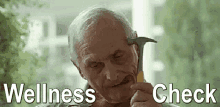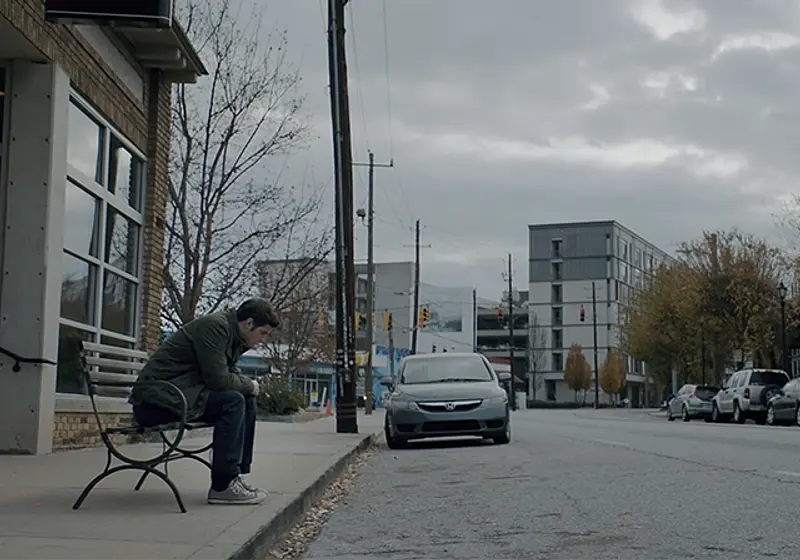Addiction
Addiction is not a choice itself but an illness that is a result of unguarded moments of decisions. A teenager struggling with addiction is naturally scared. Often, it is difficult to go to adults or even other teens for assistance in these matters for a multitude of reasons: guilt, shame, embarrassment, even the fear of how the other person will react, and not to mention the legal consequences.
Due to those reasons, many people try to deal with addiction on their own before looking for help elsewhere, if they do look for it in the first place, that is. The first step to recovery is reaching out for help.
The Role of Pop Culture
Ecstasy is one of the most popular drugs glamorized by the media industry. From movies about pop stars to television shows about high school, impressionable teenagers are influenced by the portrayal of drugs on-screen. They are easily persuaded to engage and partake in activities that involve the use of drugs and other intoxicants, such as alcohol.
In said movies and shows, people, specifically teenagers and students of various ages, can be seen playing games that include downing or chugging alcohol, for example, beer pong. In addition to drinking alcoholic beverages at clubs and parties, which minors have snuck into with fake IDs, snorting drugs like heroin is also quite popular.

Image Credit: Pixabay from Pexels
The Result
As a result of the subtle commercialization of drugs and alcohol in shows whose target audience happens to be minors, the usage and urge to try this type of lifestyle has become more frequent at a very rapid pace. Many teenagers and even some adults lack the critical thinking skills to realize when they are subconsciously being subjected to digress into harmful lifestyles to achieve a false state of euphoria and a distorted version of happiness, encouraging people to use drugs that, in turn, glorify intoxicants.
Regrettably, instead of emphasizing the detrimental effects of these substances, the momentary pleasure and relief they provide are highlighted.
Ecstasy
Ecstasy is a drug that increases serotonin levels – a hormone that regulates and stabilizes your mood, so you are in a calm and happy state, which is also emotionally stable. Teenagers consume Ecstasy pills usually at parties, willingly or by persuasion at the hands of their peers.
Peer Pressure
Oftentimes, teenagers crumble when pressurized by people they hold in high regard and find it difficult to make a rational decision as they are outweighed by their insatiable need to fit in and impress their peers while maintaining their reputation and not being seen as a coward or someone who is not worth hanging out with. Many people submit to peer pressure and indulge in dangerous activities, then justify it by claiming they will only do it once; that one-time thing becomes a habit that turns into an addiction.
People who are liable to submit to peer pressure usually struggle to resist refusing out of fear of their friends' reactions.

Image Credit: Helena Lopes from Pexels
Say No
It is crucial to learn to say "no" to avoid situations where one is being coerced into doing something they are not willing to do. One of the most critical skills to develop is the ability to disagree or refuse while maintaining peace with all involved. It is vital to know the company one surrounds themselves with as they are a representation, a reflection of who you are as a person. If the people you call friends do not respect your boundaries or choices, they are not worthy of your company, and you should not surround yourself with them.
Ask For Help
If your friends are people you trust very deeply, talk to them about your addiction. Talk to a trusted adult if you feel uncomfortable, or talking to them is unhelpful and unwise. If you cannot find someone you are comfortable sharing this with, use helplines as most of them are available 24 hours, all week long, and are anonymous, just like this magazine.
Communication is the key to solving problems. You must communicate your problem with someone in a position to help you.

Image Credit: Alex Green from Pexels
No one is exempt from making mistakes. You have made a mistake, which is okay because you realized you made one. To correct this mistake, you need to seek help from a trusted person or other available resources such as helplines or school and community resources.
Talking and seeking help will make you feel better and perform well in school because the emotional baggage you are carrying as a result of your addiction will decrease. You are already on your way to improving because you realized you had an addiction and reached out for help.

















